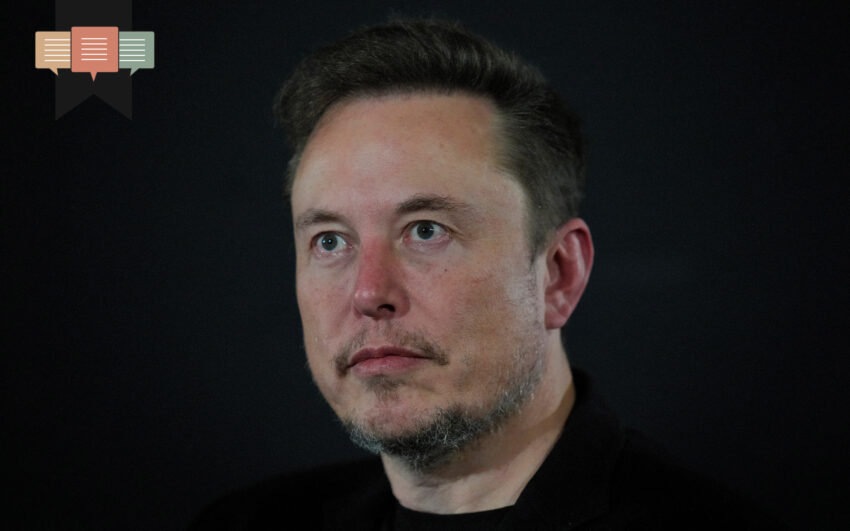
Published February 2, 2024
If we merge humans with machines, the result will be less than human
The announcement this week that Elon Musk’s Neuralink had succeeded in implanting the first-ever computer chip in a live human brain represents the latest reminder that yesterday’s science fiction is rapidly becoming reality, with ethical implications we have barely begun to grasp. For readers of C.S. Lewis, this development might call to mind the plot of his dystopian masterpiece, That Hideous Strength, in which the scientists hell-bent on reconditioning society succeed in re-animating the brain of a dead scientist named Alcasan—or so they think. In reality, it is demons who are speaking through the dead man’s head, using the illusion of scientific progress to delude and destroy humanity.
Before jumping to such dark conclusions, though, we should ask: Are Neuralink’s ambitions really that sinister? After all, Musk has insisted that in the near-term, their goal for the project is medical—to enable paralyzed patients or those suffering from muscular degeneration once again to interact with their environment. Neuralink’s chip, already successfully tested on monkeys, is designed to read signals from the neurons of the motor cortex (i.e., your thoughts about how you want to move a hand or foot) and translate those signals into movements of a computer mouse or strokes of a keyboard. As such, does it not simply represent the next generation, as it were, of the machine that allows Stephen Hawking to speak?
Click here to continue reading.
Brad Littlejohn, Ph.D., is a Fellow in EPPC’s Evangelicals in Civic Life Program, where his work focuses on helping public leaders understand the intellectual and historical foundations of our current breakdown of public trust, social cohesion, and sound governance. His research investigates shifting understandings of the nature of freedom and authority, and how a more full-orbed conception of freedom, rooted in the Christian tradition, can inform policy that respects both the dignity of the individual and the urgency of the common good. He also serves as President of the Davenant Institute.










